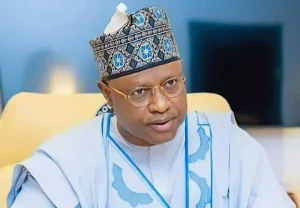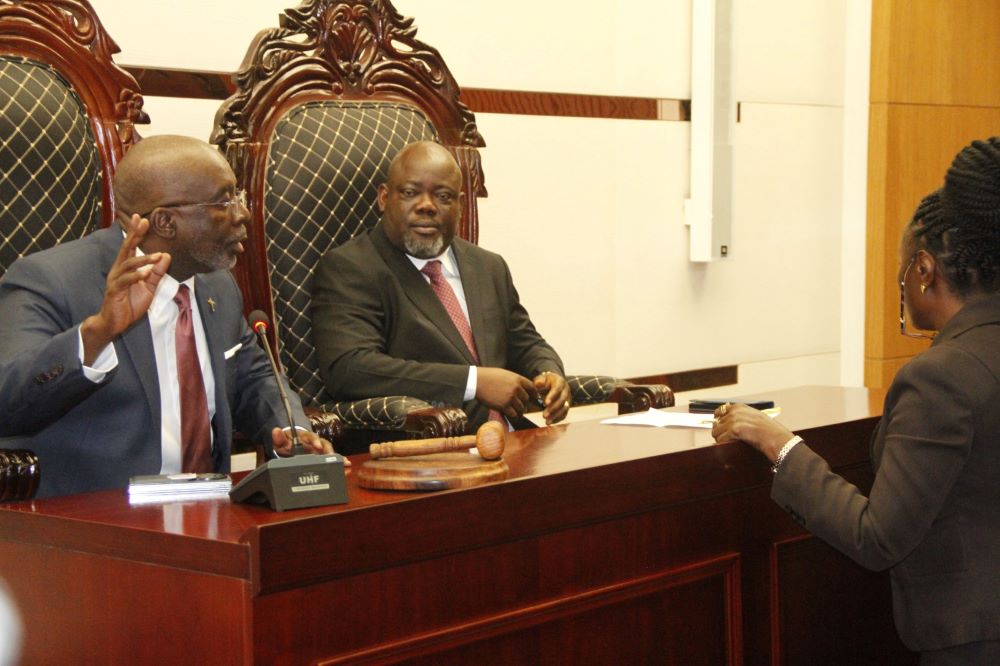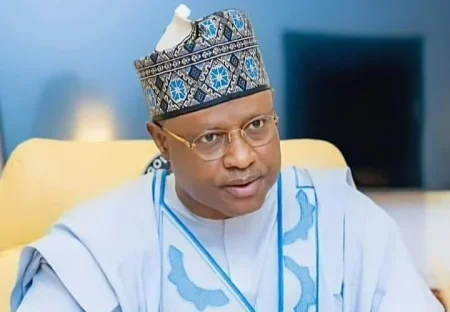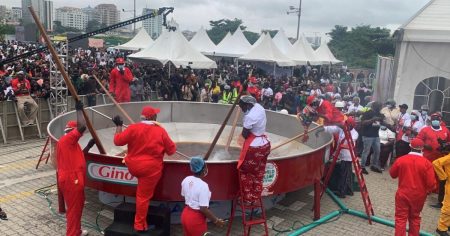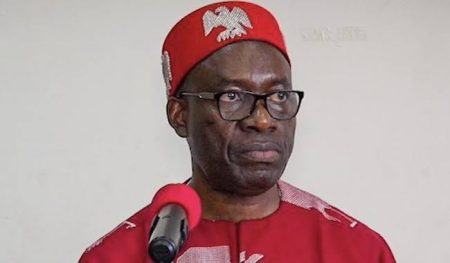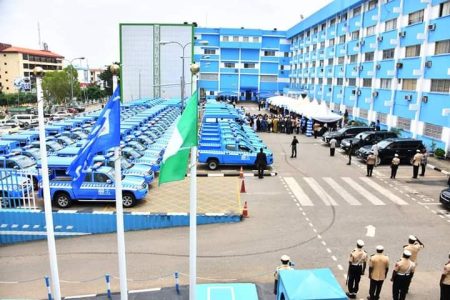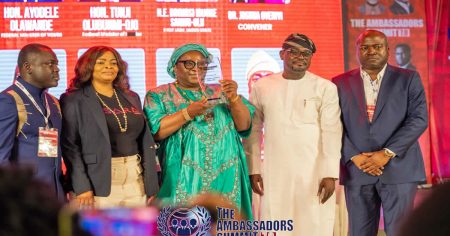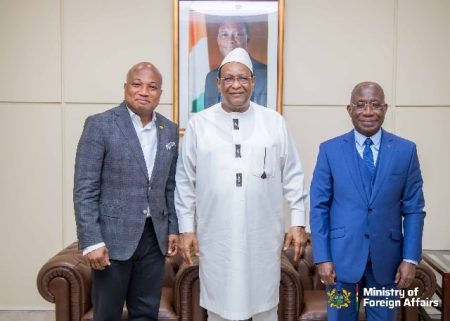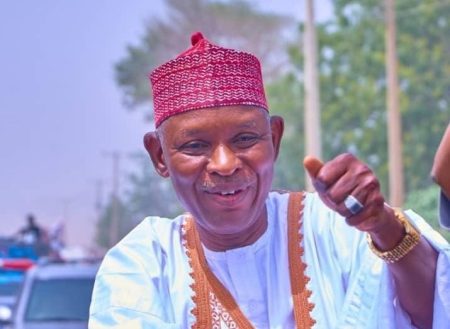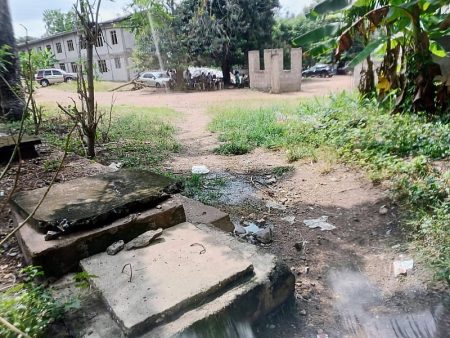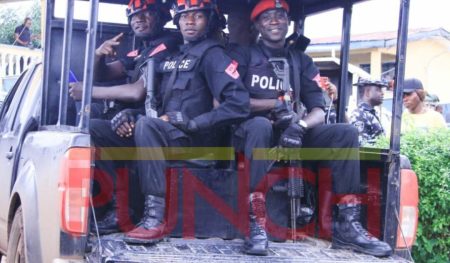House Speaker J. Fonita Koffa is determined to maintain unity within the House of Representatives as he faces an effort by a group of discontented lawmakers trying to leverage his ousting. The political tensions have escalated in the weeks leading up to the pivotal events on October 23, 2024, when Speaker Koffa presided over a plenary session marked by a lack of quorum, with only 30 members present, which is significantly below the required two-thirds majority of 49 lawmakers. This session was crucial for conducting official business, yet the ongoing discord has threatened the House’s functionality and cooperation.
During this session, Representative Musa Bility from Nimba County proposed a motion referencing Article 33 of Liberia’s Constitution, which stipulates that while a simple majority is typically needed to conduct business, the body can adjourn and compel absent members to join subsequent sessions. The House responded affirmatively, increasing pressure on absent members to ensure their attendance at the next scheduled meeting. This move highlights Koffa’s resolve to keep the legislative process moving forward in the face of growing dissent and to reaffirm the essential role of every member in representing and serving the Liberian populace.
Apart from the plenary session presided over by Koffa, a separate faction of the lawmakers advocating for his removal held their own assembly, which underscores the division within the House. Led by Representatives Clarence Gahr and Sekou Kanneh, this opposing bloc gathered 43 members, indicating a substantial faction aligned against Koffa’s leadership. Their activities reveal a concerted effort to challenge Koffa’s authority, including a motion to summon the Deputy Speaker, Thomas Fallah, for his refusal to join the dissidents, thereby complicating the internal dynamics of the Legislature further.
Despite the strategic maneuvers by both factions, Speaker Koffa has exhibited a steadfast refusal to resign, insisting that he will not yield to the demands of the dissident lawmakers. This intransigence has created an impasse marked by escalating tensions within the Capitol Building. Such developments not only disrupt the legislative agenda but also heighten anxieties about the stability of governance in Liberia. As both sides dig in, many observers are left to wonder what the implications of this strife will be for the future of the House and its capacity to operate effectively in the interest of the citizens.
The calls for unity and the actions taken by Speaker Koffa emphasize his commitment to uphold the legislative framework established by the Constitution, reflecting a broader struggle for control within the House. The underlying issues leading to this conflict stem from dissatisfaction regarding leadership styles and decision-making practices, as well as deeply held political alliances and rivalries. The situation demonstrates how political factions can influence governance and disrupt the legislative process, reinforcing the importance of cohesion among lawmakers to fulfill their obligations to the public.
In conclusion, the current standoff between Speaker Koffa and the discontented lawmakers serves as a potent illustration of political contention within the House of Representatives in Liberia. With critical legislative responsibilities at stake, both the dissenting bloc and the Speaker’s supporters must find a path forward that aligns with the constitutional framework while prioritizing the needs of the constituents they represent. The outcome of this unfolding drama will be pivotal not only for the House’s internal dynamics but also for the broader political landscape in Liberia as it seeks to navigate these challenges.



